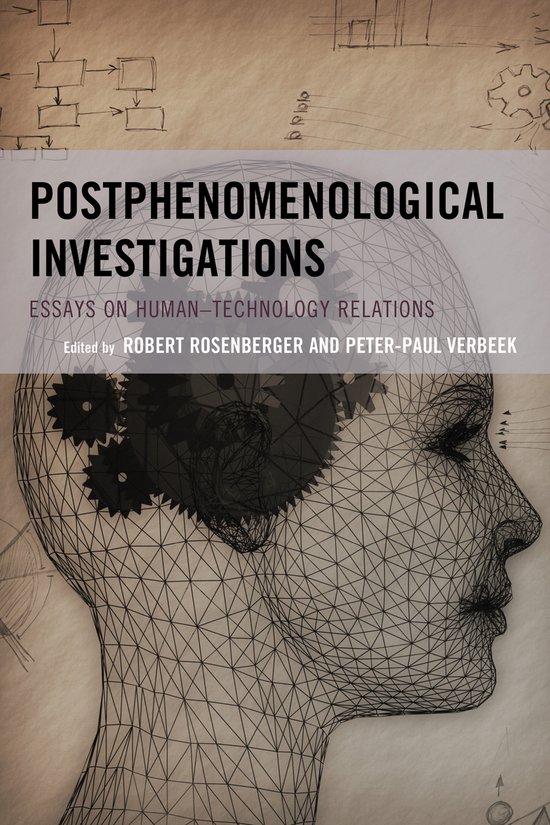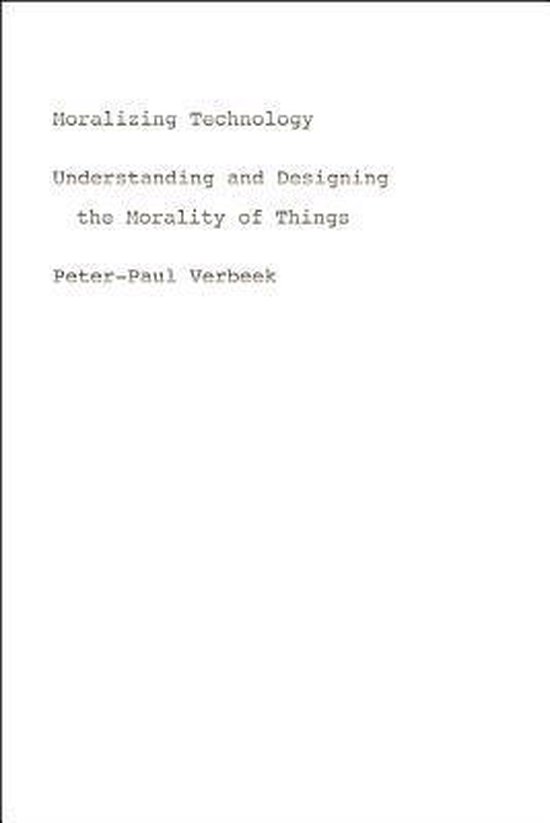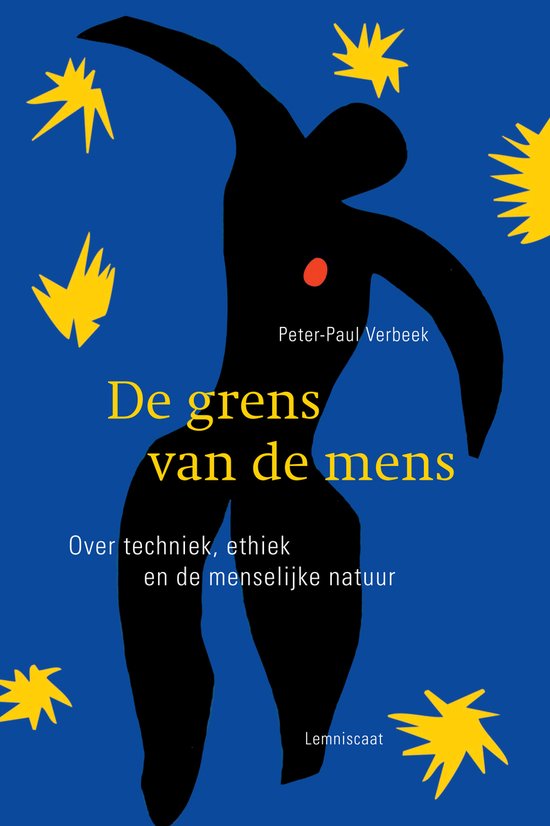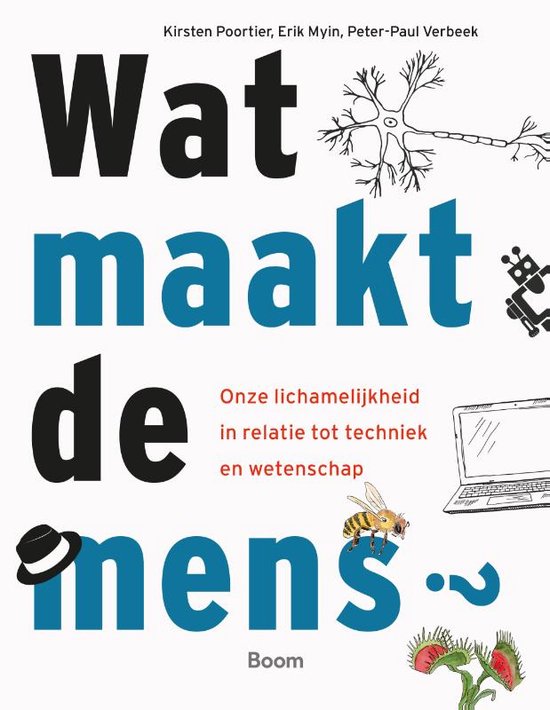
Postphenomenological Investigations
This book provides an introduction to postphenomenology, an emerging school of thought in the philosophy of technology and science and technology studies, which addresses the relationships users develop with the devices they use.
Postphenomenological Investigations: Essays on Human–Technology Relations provides an introduction to the school of thought called postphenomenology and showcases projects at the cutting edge of this perspective. Postphenomenology presents a unique blend of insights from the philosophical traditions of phenomenology and American pragmatism, and applies them to studies of user relations to technologies. These studies provide deep descriptions of the ways technologies transform our abilities, augment our experience, and shape the world around us. This book proceeds with a preface by Don Ihde, postphenomenology’s founder, and a detailed review of the main ideas of this perspective by the editors Robert Rosenberger and Peter-Paul Verbeek. The body of this volume is composed of twelve postphenomenological essays which reflect the expansive range, detail-orientation, and interdisciplinarity of this school of thought. These essays confront a broad assortment of topics, both abstract and concrete. Abstract topics addressed include metaphysics, ethics, methodology, and analysis of the notions of selfhood, skill training, speed, and political activism. Just a few of the concrete topics studied include human-like interactive robots, ethics education, image interpretation in radiology, science fiction tropes, transportation history, wearable computing, and organ donation protocols for brain-dead bodies. The volume concludes with constructive critiques of postphenomenology by Andrew Feenberg, Diane Michelfelder, and Albert Borgmann, all figures whose work is relevant to postphenomenological projects.
Postphenomenological Investigations: Essays on Human–Technology Relations provides an introduction to the school of thought called postphenomenology and showcases projects at the cutting edge of this perspective. Postphenomenology presents a unique blend of insights from the philosophical traditions of phenomenology and American pragmatism, and applies them to studies of user relations to technologies. These studies provide deep descriptions of the ways technologies transform our abilities, augment our experience, and shape the world around us. This book proceeds with a preface by Don Ihde, postphenomenology’s founder, and a detailed review of the main ideas of this perspective by the editors Robert Rosenberger and Peter-Paul Verbeek. The body of this volume is composed of twelve postphenomenological essays which reflect the expansive range, detail-orientation, and interdisciplinarity of this school of thought. These essays confront a broad assortment of topics, both abstract and concrete. Abstract topics addressed include metaphysics, ethics, methodology, and analysis of the notions of selfhood, skill training, speed, and political activism. Just a few of the concrete topics studied include human-like interactive robots, ethics education, image interpretation in radiology, science fiction tropes, transportation history, wearable computing, and organ donation protocols for brain-dead bodies. The volume concludes with constructive critiques of postphenomenology by Andrew Feenberg, Diane Michelfelder, and Albert Borgmann, all figures whose work is relevant to postphenomenological projects.
| Auteur | | Lenore Langsdorf |
| Taal | | Engels |
| Type | | Hardcover |
| Categorie | | Religie, Spiritualiteit & Filosofie |





